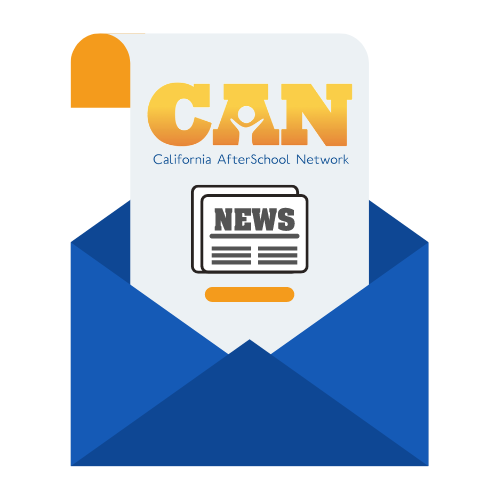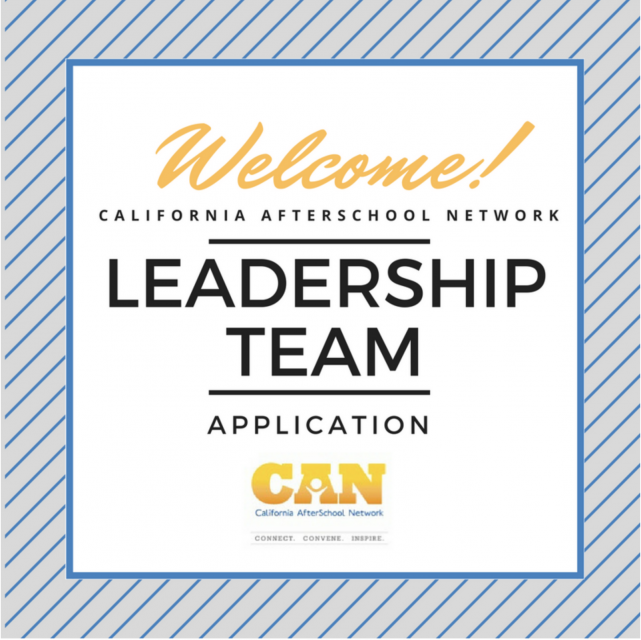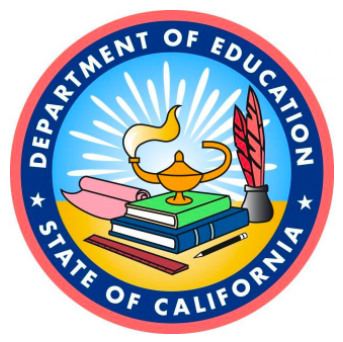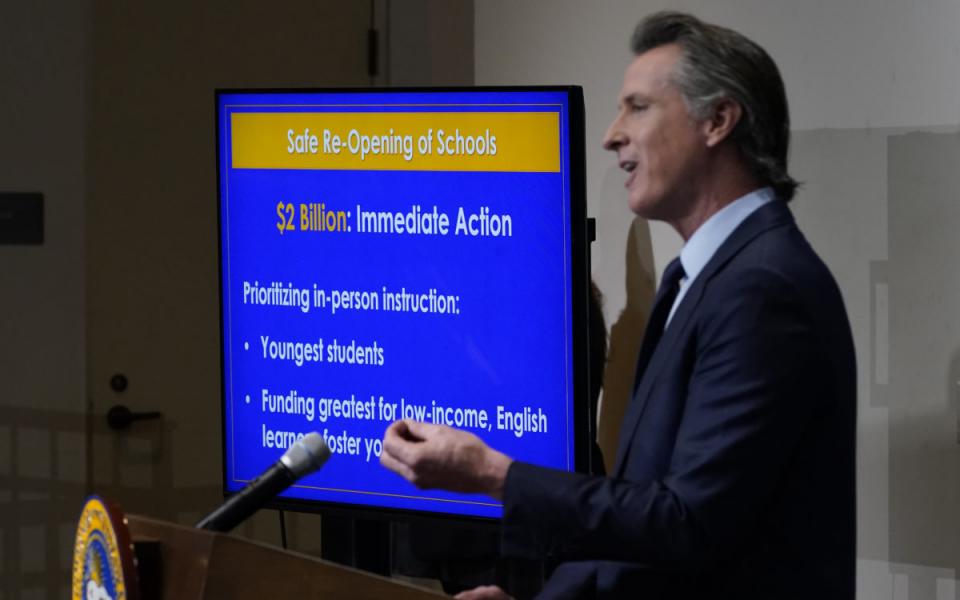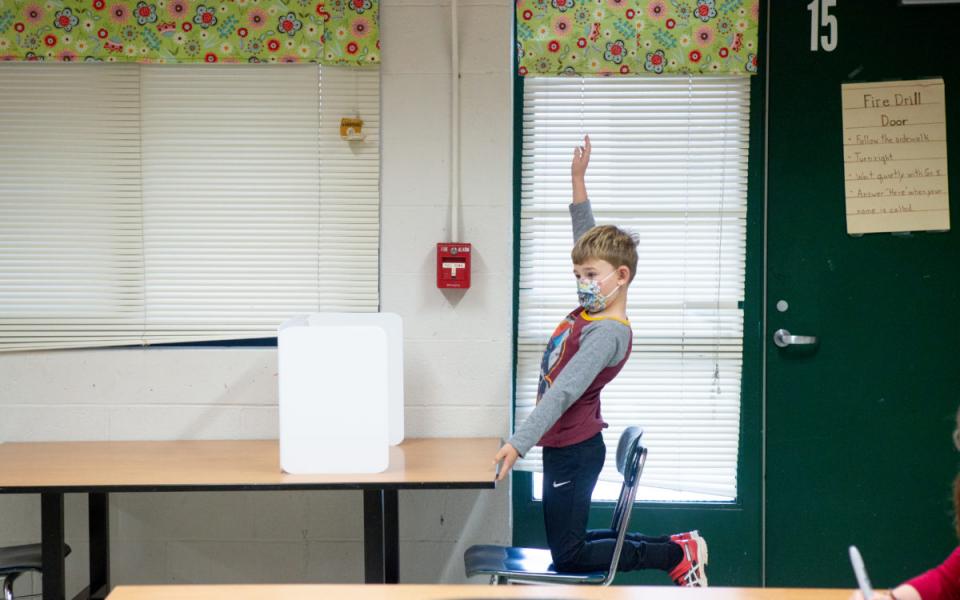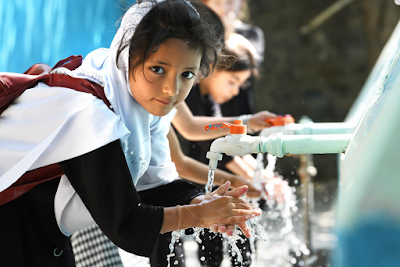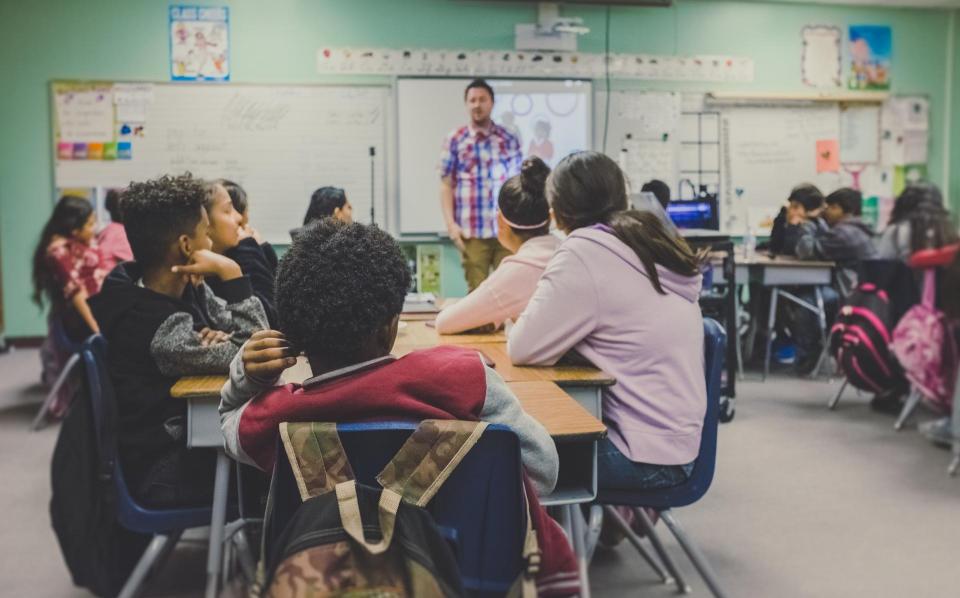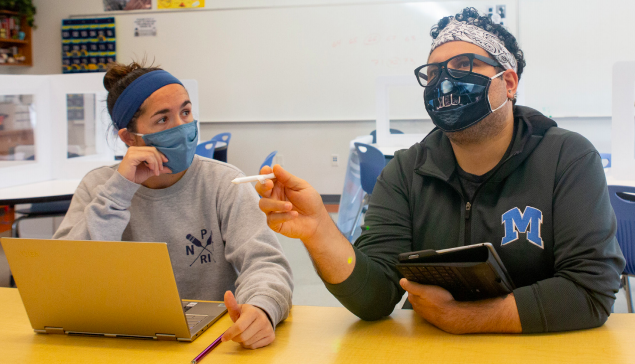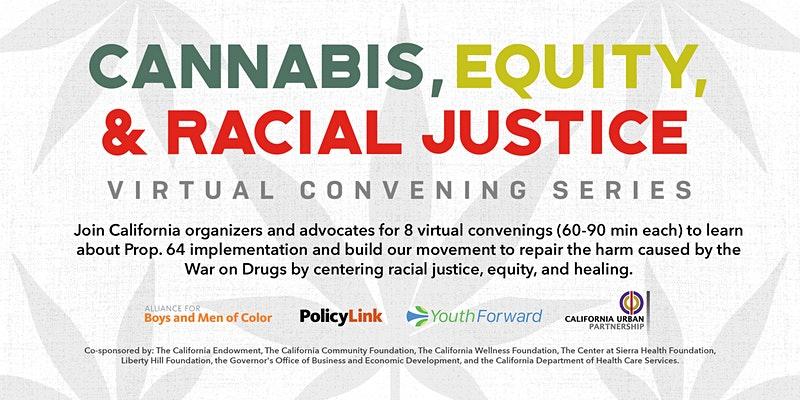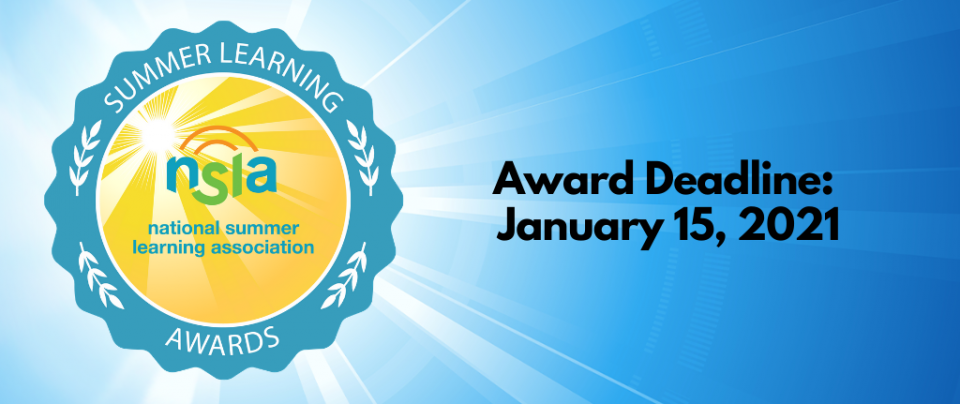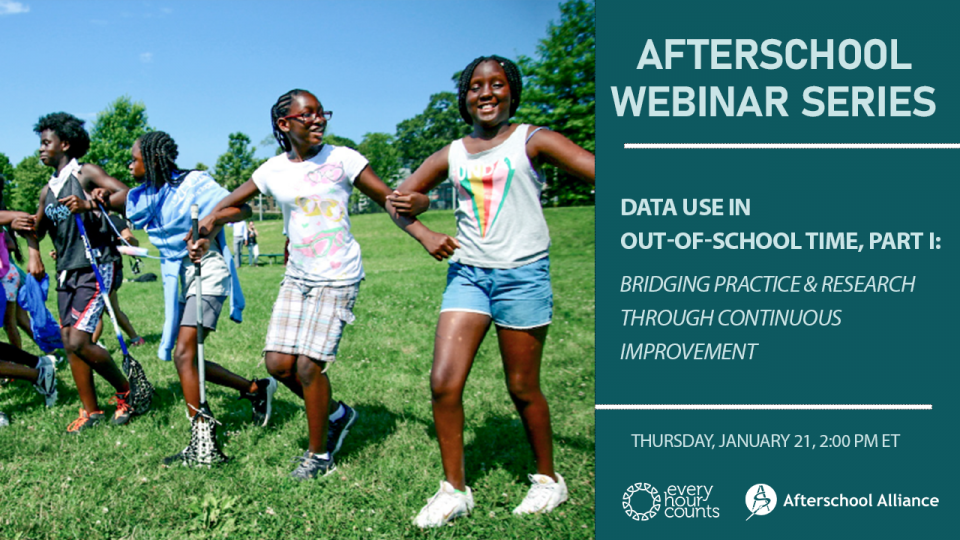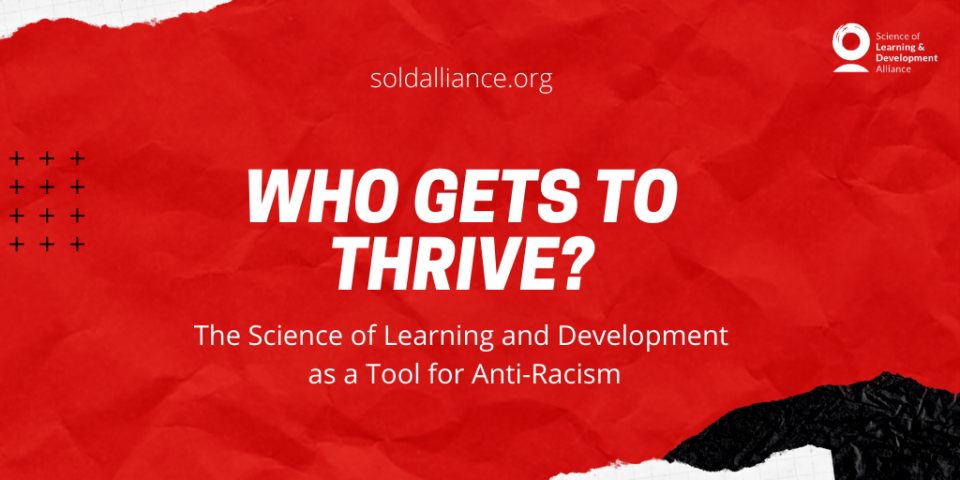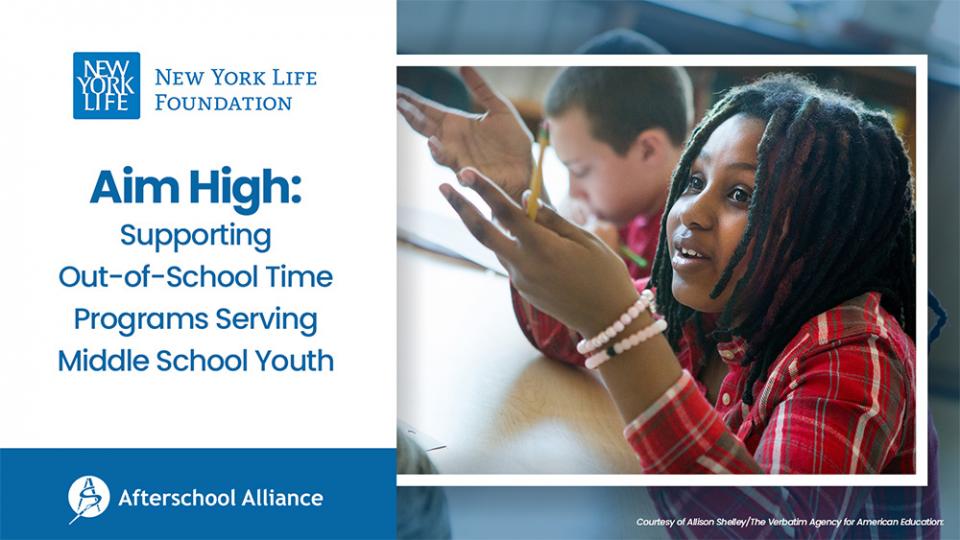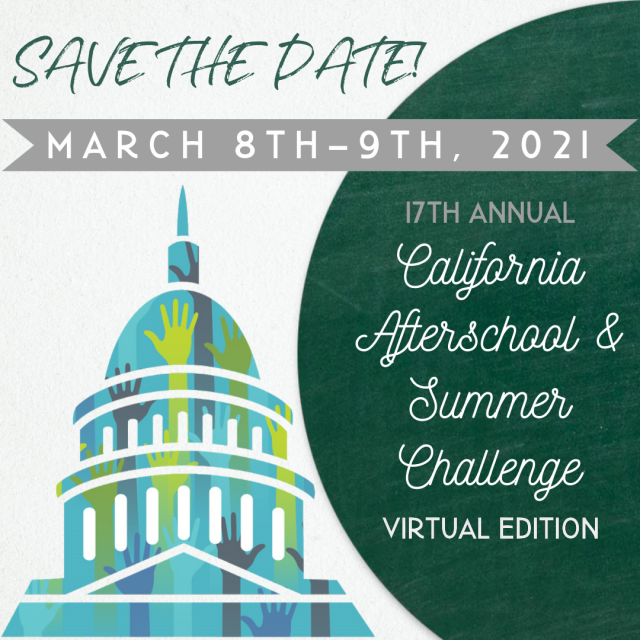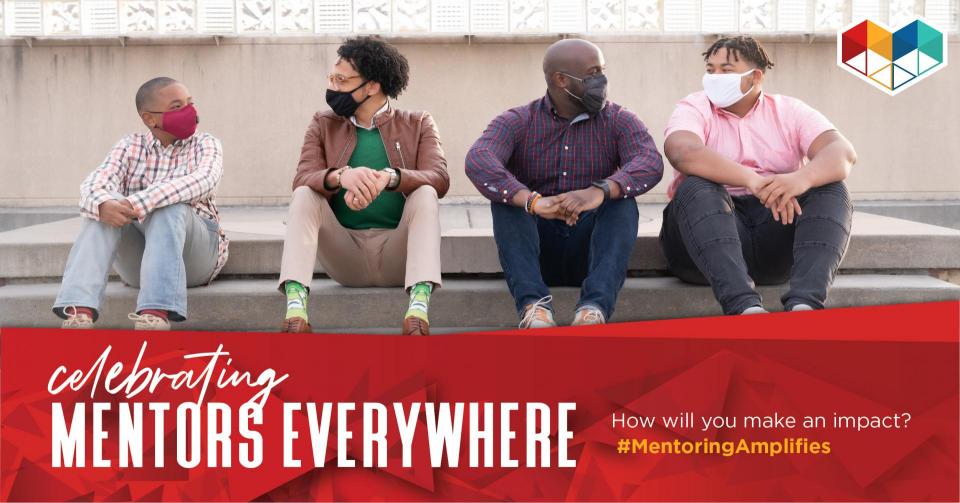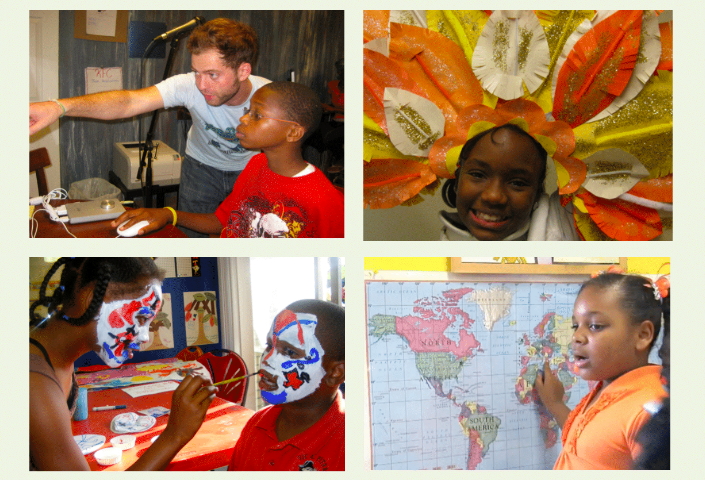CAN Newsletter – 2021: Challenge and Opportunity
January 13, 2021
It’s time to envision and create the world our children, families, and communities deserve.
It seems that each day is a new reminder of stark inequities in our social systems. The very ideal that every person is entitled to life, liberty, and pursuit of happiness is far from a reality. The systems designed to support this ideal have long been rooted in white supremacy, racial injustice, economic inequity, and systemic oppression. Last week’s insurrection at the Nation’s Capital only serves to punctuate the systemic challenges we face. Our history has led us to this moment, and this moment is an opportunity.
Our field is grounded in Data-Driven Continuous Quality Improvement (CQI). 2020 and 2021 have offered us plenty of data. While many long for the world to go back to normal, it is clear that normal is not good enough. It’s time to make a plan to improve the contexts for children, youth, families, and communities, especially those most impacted by recent events and historically oppressive policies.
In this context, I want to thank you. Despite the challenges we all face, you continue to show up. You have addressed the stress and trauma of ongoing events and given rise to youth voice. You have supported the basic needs, provided positive developmental supports, and enriched the lives of children and families in the most challenging times. You are now a critical resource to support your staff and children and youth to understand, process, navigate, and address this new trauma of civil insurrection. We have provided a variety of resources below to support you in that effort.
Your critical work and leadership have not gone unnoticed. By now many of you have likely seen that the Governor’s budget proposal for 21-22 includes $4.6 billion in one-time funding for expanded learning time and academic intervention grants. Many of our state leaders recognize the critical role of expanded learning as we begin to reopen.
As 2021 unfolds our resolve is as sharp as ever. We can’t take our eyes off the ball. The California AfterSchool Network Leadership Team is currently revising CAN’s strategic plan to integrate equity, social justice, and anti-racism. In 2021 we will continue our work to build on a groundswell of research and thought leadership consensus to support multi-sector Whole Child Health and Wellness, address the needs of the field in the COVID-19 context, and promote whole child health and wellness in Expanded Learning programs, supported by a thriving, adequately compensated workforce with strengthened career pathways.
We continue to anchor our day-to-day work in a vision of the world that does not exist yet, but that we must create together. As we monitor California’s budget process this year, we are heartened that this vision is supported more broadly by the state of California. This year might be one of the strongest opportunities that we have to move closer to our bold vision, and create the kind of world our children, families, and communities deserve.
I hope you will consider joining us. We are currently recruiting Leadership Team Members to advance this critical vision in the coming years. Learn more and apply here.
Resources to Support Navigating the Trauma of the Insurrection at the US Capitol
- Facing History: Responding to the Insurrection at the U.S. Capitol (1/6/21)
- Teaching Tolerance: Leading Conversations After the Insurrection in Washington D.C. (1/7/21)
- Education Week: Caring for Students in the Wake of a Traumatic News Event (1/7/21)
- Awaken: How to Manage Your Team in Times of Political Trauma
- Zinn Ed Project: Teaching People’s History Resources
Take care of yourself, stay strong, stay healthy - California needs you.
-Jeff Davis, the CAN Staff, and the CAN Leadership Team.
In This Newsletter:
Join the CAN Leadership Team!
Deadline Extended: Friday, February 19, 2021
CAN is Seeking New Leaders!
The California AfterSchool Network Leadership Team is a geographically, professionally, and culturally diverse group of out-of-school time stakeholders charting the course for CAN. As the primary governing body of CAN, the Leadership Team guides all aspects of CAN’s work including its strategy, procurement and use of resources, Leadership Team and Field Committee operations, as well as Executive Director support.
2021 Site Coordinator Expanded Learning Symposium: A State of Opportunity
February 9th - 11th, 2021
The virtual Site Coordinator Expanded Learning Symposium will be a unique opportunity for California’s Expanded Learning Professionals to learn from their peers, colleagues, and other experts during this informative three-day event. Come and share in the experience and see the endless opportunities the Expanded Learning field has to offer!
APR-Window II Open for Spring 2019
CDE is announcing the opening of Window II for Spring 2019 data entry that began on December 22, 2020 and will close on February 8, 2021.
Please be reminded that the timeline below will be the last opportunity to submit data for any of your Spring data. If you have not completed submitting your Spring data for Window I, please do so during this period.
Governor’s Budget Proposal for $4.6 Billion in One-Time Funding for Expanded Learning
To address learning loss due to the pandemic, Governor Gavin Newsom proposes to allocate $4.6 billion in one-time Proposition 98 General Fund for early action by the Legislature. This will provide districts with time to design targeted interventions that focus on students from low-income families, English language learners, youth in foster care, and homeless youth, including an extended school year or summer school. These funds will be eligible for targeted strategies that address learning loss related to the pandemic, including community learning hubs.
Expanding School Year in New Ways May Be One Outcome of Pandemic in California
Hit hard by the recession, summer schools have gone from being
seen as a necessity to a “luxury” items for schools. EdSource
explores how expanded summer school for K-12 students in
California may be one positive outcome of the pandemic that
has contributed to varying levels of learning loss among students
across the state. As part of the proposed budget,
Governor Gavin Newsom indicated that he will be including
funds in the budget that might allow schools to effectively
extend the school year into the summer, as a crucial way to help
make up for the learning loss that many students have suffered
during the pandemic.
New Survey: What Were Your Lessons and Take-Aways of 2020?
Between the COVID-19 pandemic, school closures and the calls for racial justice that were spurred by killings of people by police, 2020 was a very difficult year. Temescal Associates is asking people from the afterschool community to share any lessons or take-aways they’ve gained from this past year.
The survey will take less than 2 minutes to complete.
Attendance Policies and COVID-19 Report
Attendance Works’s new report Are Students Present and Accounted For? An Examination of State Attendance Policies During the Covid-19 Pandemic, discusses how the coronavirus pandemic impacted attendance data, presents an online summary of state attendance guidance developed since spring 2020, and examines the extent to which recent state guidance guarantees the availability of consistent, reliable data taken on a daily basis.
Youth Engagement Discussion Guide
To help youth-supporting leaders prepare for and engage in these difficult but important conversations, the Center for Promise at America’s Promise Alliance has developed a discussion guide focused on engaging with young people about issues that have been top-of-mind this year and moving into 2021.
Afterschool Programs: Supporting Youth and Families During the Pandemic
The pandemic has shown that afterschool is more important than ever. National League of Cities showcases how the demand for afterschool programs has jumped from 19.4 millon students in 2014 to 24.6 million in 2020 based off of data released from the Afterschool Alliance’s America After 3pm survey.
National League of Cities highlights the strides that afterschool is making to support students by highlighting events such as Lights on Afterschool, as well as the all day long community hubs created to serve students as much as possible.
Webinar Series: Cannabis, Equity, and Social Justice
January 12- February 9, 2021; 10:00 AM
Join California organizers and advocates for a series of 8 virtual convenings (60-90 min each) to learn about Prop. 64 implementation and build our movement to repair the harm caused by the War on Drugs by centering racial justice, equity, and healing.
The National Summer Learning Associations’s 2021 Summer Learning Awards
Deadline: January 15, 2021
The National Summer Learning Association (NSLA) knows last year was an exceptionally challenging season for summer learning programs, yet they want to acknowledge the many programs that pivoted during the crisis and found innovative ways to keep kids learning, safe and healthy.
Upcoming Webinar: Date Use in Out-of-School Time, Part I: Bridging Practice & Research Through Continuous Improvement
January 21, 2021; 11 AM PST
The Afterschool Alliance is excited to host this webinar in partnership with Every Hour Counts, a national coalition of expanded-learning intermediary organizations that increases access to quality learning opportunities. Every Hour Counts has developed a Measurement Framework to help intermediary organizations use data at the youth, program, and system level to guide continuous improvement.
Upcoming Webinar: Who Gets to Thrive? Accelerating Equity for All Learners in All Settings
January 22, 2021; 12 PM PST
Education is a cornerstone of democracy and essential to our individual and collective success. Yet each day, young people, particularly Black, Indigenous, People Of Color (BIPOC) young people, in America are faced with the challenge of learning within education systems that perpetuate deep structural racism. How can insights from the science of learning and development empower each of us to transform policies and practices to dismantle racism and cultivate experiences that enable all young people to thrive?
The Science of Learning and Development (SoLD) Alliance is inviting field leaders to join a series of conversations, “Who Gets to Thrive? The Science of Learning and Development as a Tool for Anti-Racism,” to find answers to these questions.
New York Life Foundation Grant Opportunity
Deadline: February 1, 2021; 2 PM PST
The New York Life Foundation is seeking applications from afterschool, summer, or expanded learning programs serving underserved middle-school youth. A total of 26 grant awards will be made nationwide, ranging from a variety of levels.
Save the Date for the 2021 California Afterschool & Summer Challenge!
March 8-9, 2021
Join us for the 17th annual California Afterschool & Summer Challenge! The annual statewide California Afterschool & Summer Challenge educates and empowers professionals, youth, and families to engage in grassroots advocacy. In addition to helping advance the out-of-school time field, this advocacy experience helps show young people and emerging leaders how to speak out and use their voices to create change.
Teach MLK in Connection With the Attack on the U.S. Capitol
The same day a Black man and a Jewish man were voted into the U.S. Senate, a mob holding Confederate and Nazi flags attacked the U.S. Capitol. As educators teach about Martin Luther King Jr. ahead of his birthday observation this month, acknowledge the link between the racism he resisted and the violence that was witnessed at the Capitol.
National Mentoring Month
January is National Mentoring Month!
National Mentoring Month is a time to focus national attention on the importance of mentors, and to reflect on how each of us — individuals, businesses, government agencies, schools, faith communities and nonprofits — can help grow the mentoring movement and the positive effects it has on young people.
Learning in Afterschool Blog
Check out the latest posts from the Learning in Afterschool Blog:
Check out CAN’s Other Newsletters!
Access the CAN newsletter archives to view past newsletters today! You may be interested in some of our other newsletters as well:
CAN Policy Newsletters
- Get informed about state and federal afterschool updates!
- Subscribe today!
CAN Health and Wellness Newsletters
- Get informed on the connections between afterschool and Whole Child Health and Wellness newsletter!
- Sign up to receive the newsletter today!

